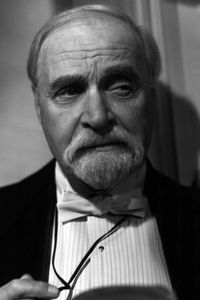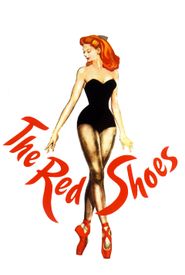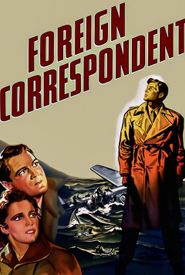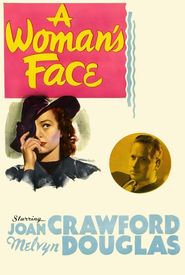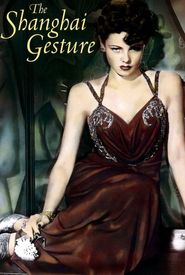Albert Bassermann was a classically-trained actor with a unique background. Born in an era where the stage was the primary medium for storytelling, he spent his formative years honing his craft in Bern, Switzerland, and later under the direction of the renowned Max Reinhardt at the Deutsches Theater Berlin. His extensive experience on stage was marked by his specialization in Shakespearean roles, particularly in "Richard III" and "Hamlet", as well as his remarkable interpretations of Henrik Ibsen's plays.
In the early days of cinema, Bassermann made his screen debut in a silent adaptation of "Dr. Jekyll and Mr. Hyde" in 1913. He continued to appear in films throughout the 1920s, while also frequently performing on stage in Austria and Switzerland. His personal life took a dramatic turn when he fell in love with Elsa Schiff, a Jewish woman, and the anti-Semitic sentiments in his native country compelled him to emigrate to the United States with her in 1939.
At the age of 72, Bassermann began a new chapter in his life as a celebrated character actor in Hollywood. Despite initially struggling with the English language, he soon found himself cast in various roles, including a small part in "Dr. Ehrlich's Magic Bullet" as Dr. Robert Koch. His versatility was showcased in films like "Knute Rockne All American" where he played a sympathetic chemistry professor, and "Foreign Correspondent" where he was nominated for an Academy Award for Best Supporting Actor.
Bassermann's distinctive countenance and serious demeanor led to him being cast in various consular or professorial roles. He was excellent as Consul Magnus Barring in "A Woman's Face" alongside Joan Crawford, Professor Jean Perote in "Madame Curie", and a dying German music teacher in "Rhapsody in Blue". At the age of 83, he made a triumphant return to the German and Austrian stage, performing in Ibsen plays before passing away on May 15, 1952, due to a heart attack en route from New York to Zurich.
